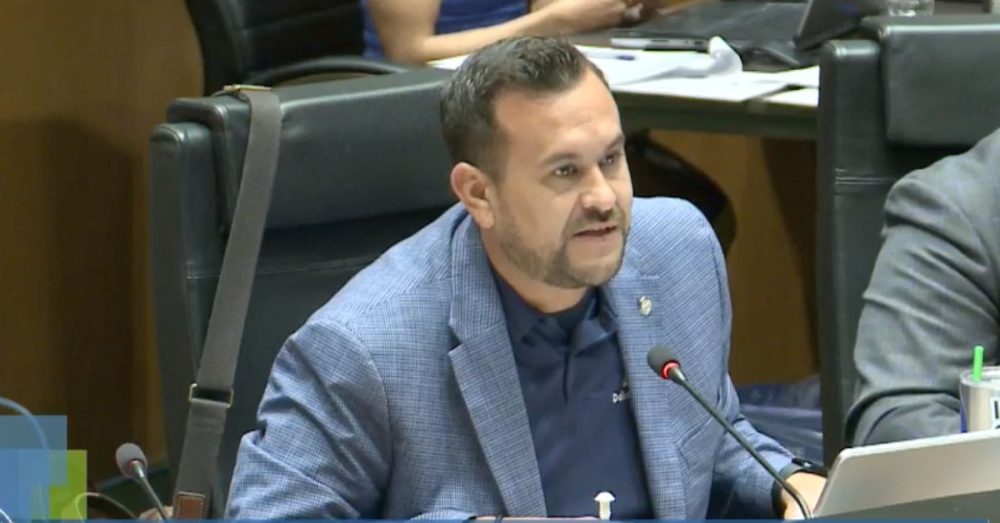The Supreme Court of Texas appeared to make Dallas City Council Member Adam Bazaldua eat his words on Wednesday when it ruled against a handful of charter amendment proposals that he and other City officials advanced to undermine a citizen-led reform initiative.
As previously reported by The Dallas Express, the propositions in question were designed to undercut three charter amendments stemming from a campaign organized by the nonprofit Dallas HERO. The bipartisan initiative’s charter amendments, if approved by voters, would increase taxpayer spending on public safety, force the City to recruit more police officers, tie the city manager’s bonus pay and continued employment to an annual resident survey, and enable residents to sue City officials.
In an interview conducted on Sunday, Bazaldua (District 7) suggested Dallas residents lack the necessary “context” to understand the Dallas HERO’s ballot initiatives.
Bazaldua appeared to justify the council members’ poison pill propositions by claiming they were meant to “clarify.”
“I think that more than anything, there was the ability to clarify. And so, I would consider them to be clarifying amendments more than anything,” Bazaldua told WFAA.
Bazaldua and Council Members Omar Narvaez (District 6) and Gay Donnell Willis (District 13) were the ones to introduce the charter amendments, framing the measures in such a way as to directly contradict and override each Dallas HERO proposal, as previously reported by The Dallas Express.
“City government is complex, and the average voter, especially the average November election voter, may see things on the surface in a different way than they would if they were to be given extra context,” Bazaldua claimed. “I believe that the clarifying amendments provide some extra context.”
Dallas HERO had filed three lawsuits in response to the contradicting amendment proposals.
“I think these HERO amendments are nothing more than political agendas,” Bazaldua said.
Pete Marocco, the executive director of Dallas HERO, said Bazaldua failed to justify he and his colleagues’ actions.
“Bazaldua’s amateur excuses for violating the law and process to make amendments as ‘clarifying’ amendments to neuter citizens’ will sounded like a criminal defense attorney prepped him for an inspector general investigation, but he couldn’t remember his cover story,” he told DX. “Bazaldua’s words are vapid — he hates cops, law and order, full stop.”
Marocco stressed that the Dallas City Council rushed their three countering amendments through a meeting with hardly any debate.
“The only thing clear about the three opposition amendments is that they were illegitimately conceived and illegitimately introduced,” he told DX. “Hopefully, the inspector general will get clarity on the rest.”
The Texas Supreme Court agreed. It directed the Dallas City Council to remove its three poison pill propositions from the November ballot, which the body did at its meeting on Wednesday.
“[T]he propositions contradict each other, and the ballot language as a whole will confuse and mislead voters because it does not acknowledge these contradictions or address the effect of the primacy provisions, which are chief features central to the character and purpose of the council-initiated propositions,” wrote Justice J. Brett Busby for the court.
“Because the citizen-initiated propositions must appear on the ballot and the parties have agreed to the ballot language for those propositions, we conclude the proper remedy is to direct the city council not to include its duplicative propositions on the ballot.”


